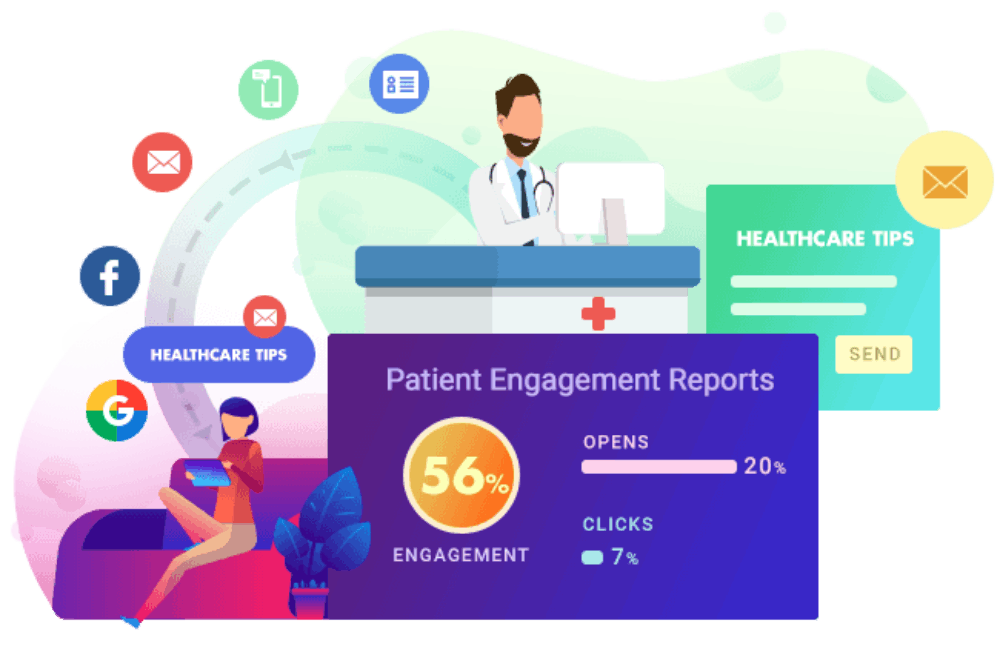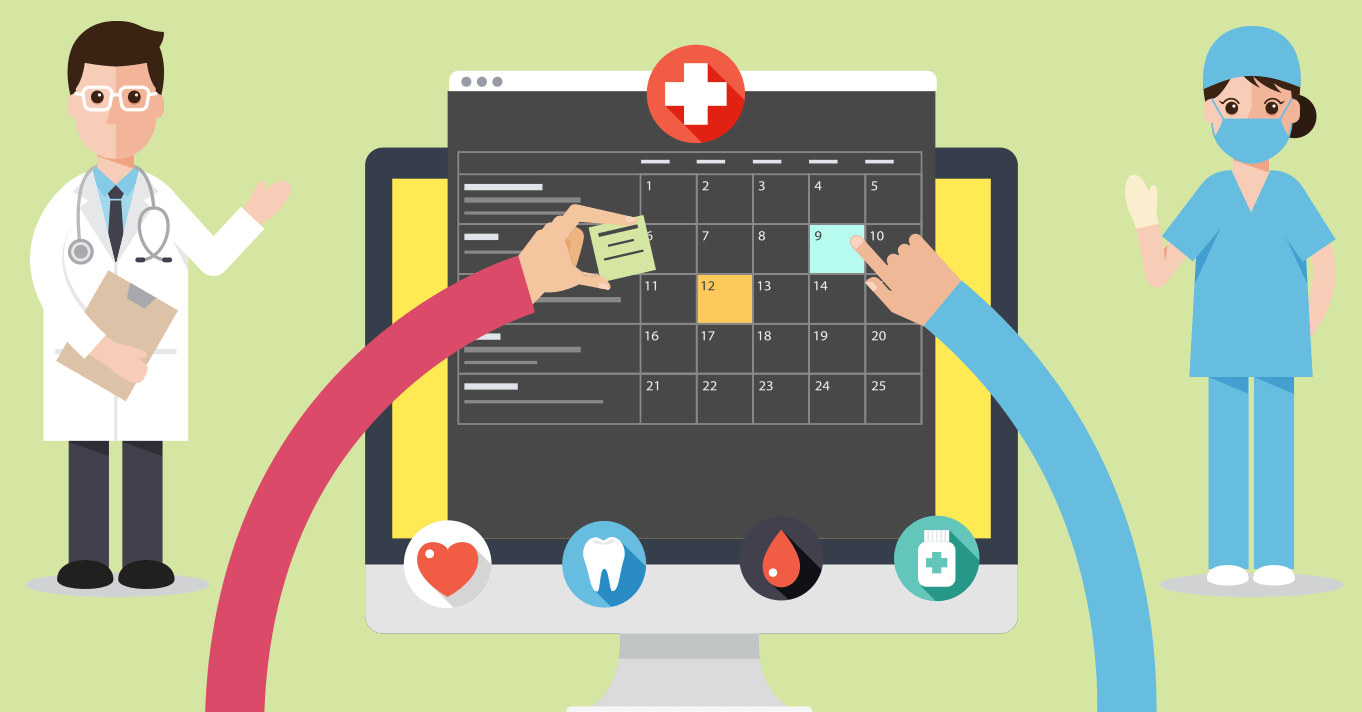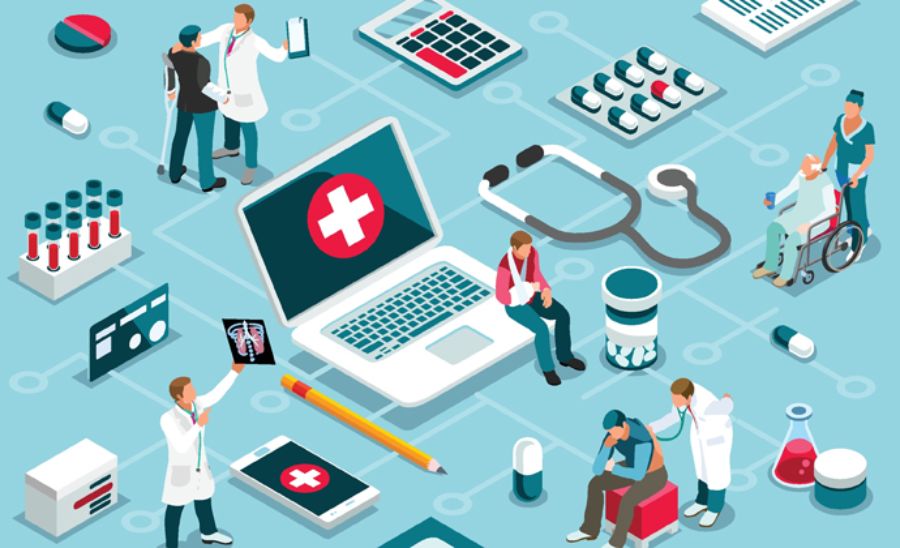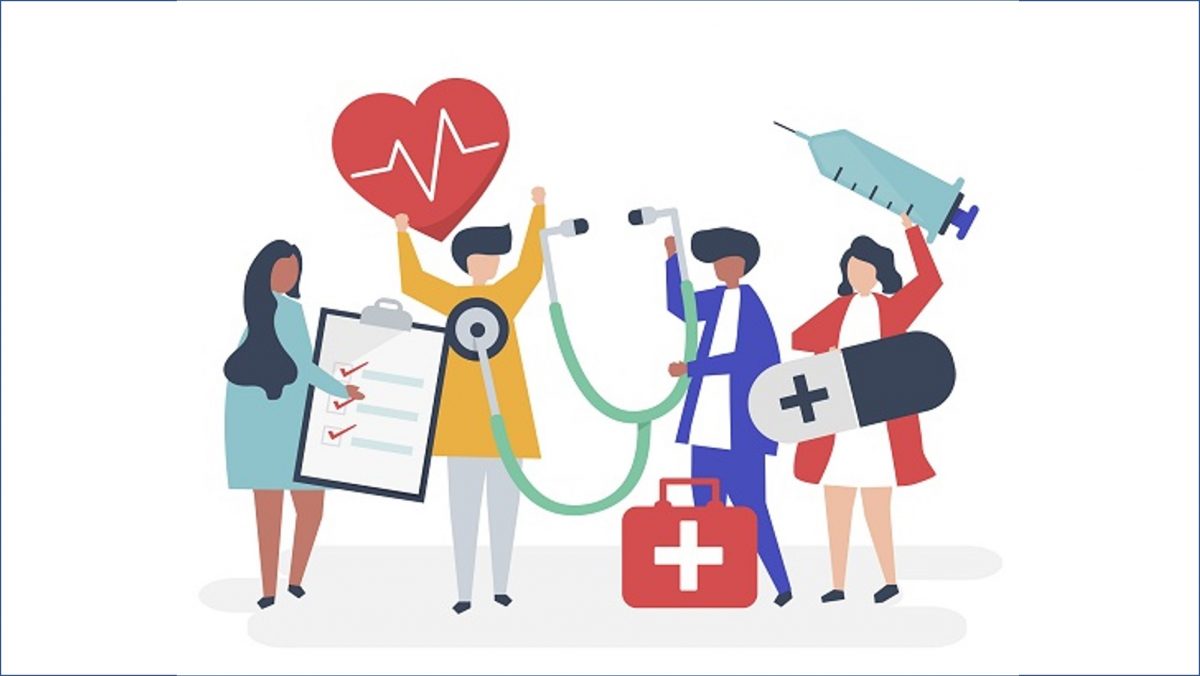Healthcare facilities face numerous obstacles in effectively managing patients. The demand for healthcare services often surpasses the capacity, leading to overcrowding, long wait times, and stretched resources. Moreover, many patients have diverse medical conditions and require personalized care plans, making it difficult to ensure comprehensive management.
Fortunately, patient engagement platforms have emerged as valuable tools to help healthcare facilities address the challenges of managing patients effectively. By leveraging technology, these platforms have the potential to revolutionize patient management and improve healthcare outcomes. This article will explain some common features of patient engagement platforms and how they can benefit both healthcare providers and their clients.
What is a Patient Engagement Platform?
A patient engagement platform is a technological solution or software application designed to actively involve patients in their own healthcare and improve the overall patient experience. It typically integrates with electronic health records (EHR) and other healthcare systems to provide patients with tools and resources to manage their health and interact with healthcare providers. Some common features include:
Patient Portals
These portals provide patients with secure access to their medical records, test results, and appointment schedules. Patients can also use them to communicate with healthcare providers, request prescription refills, and view educational resources.
Appointment Management
Patients can schedule, reschedule, or cancel appointments conveniently through the platform. They may receive automated reminders and notifications to help them stay organized and adhere to their healthcare appointments.
Online Consultations
Patient engagement platforms often include secure messaging systems that facilitate direct communication between patients and healthcare providers. This enables patients to ask questions, seek clarifications, or request advice without needing an in-person visit or phone call.
Education and Resources
These platforms may offer educational materials, videos, and interactive resources to help patients better understand their health conditions, medications, and treatment plans. They can access reliable health information and self-management tools to make informed decisions.
Remote Monitoring
Some patient engagement platforms support remote monitoring capabilities, allowing patients to track their vital signs, symptoms, or other health metrics from home. This data can be shared with healthcare providers to enable proactive management and timely interventions.
Online Support
Certain platforms facilitate online communities or forums where patients can connect with others facing similar health challenges. These communities provide a supportive environment for sharing experiences, seeking advice, and accessing peer support.
Feedback and Surveys
Patient engagement platforms may include features that collect feedback from patients to evaluate their satisfaction, identify areas for improvement, and enhance the overall patient experience. Surveys and questionnaires can be conducted to gather patient opinions and measure outcomes.
How Do Patient Engagement Platforms Benefit Healthcare?
Enhanced Care Coordination
Patient engagement platforms facilitate better care coordination among healthcare providers. Improved communication and information sharing between different members of the healthcare team lead to reduced duplicate tests, unnecessary procedures, and medical errors. Streamlining care coordination helps avoid unnecessary costs and expedites treatment for patients with healthcare cost management solutions.
Reduced Administrative Costs
Patient engagement platforms automate many administrative tasks, such as appointment scheduling, reminders, and prescription refills. This automation reduces the need for manual processes, paperwork, and phone calls, resulting in lower administrative costs for healthcare facilities. The time and resources saved can be redirected to more critical aspects of patient care.
Preventive Care and Early Intervention
Patient engagement platforms can promote preventive care and early intervention. By providing patients with educational resources and reminders for screenings, vaccinations, and routine check-ups, these platforms encourage proactive healthcare practices. Detecting and addressing health issues at an early stage can prevent costly complications and hospitalizations.
Empowered Self-Management
Patient engagement platforms empower patients to participate in their own healthcare actively. By accessing their medical records, test results, and educational resources, patients can better understand their health conditions, medications, and treatment options. How Modern Medicine Can Keep You Healthier. This knowledge enables them to make informed decisions, adhere to treatment plans, and engage in self-management practices, leading to improved health outcomes.ctices, leading to improved health outcomes.
Preventing Hospital Readmissions
Patient engagement platforms can play a role in preventing avoidable hospital readmissions, which are costly for both patients and healthcare systems. By providing patients with post-discharge instructions, medication reminders, and follow-up care information, these platforms can improve post-hospitalization care coordination and reduce the likelihood of readmissions.
Improved Patient Satisfaction
Patient engagement platforms enhance the overall patient experience by providing convenient access to information and resources. Patients can easily view their medical records, schedule appointments, communicate with healthcare providers, and access educational materials. This level of convenience and involvement leads to higher patient satisfaction and improved perception of the quality of care received.
Data-Driven Decision Making
Patient engagement platforms generate valuable data on patient interactions, health outcomes, and healthcare utilization patterns. Analyzing this data can help identify areas of inefficiency, target interventions, and optimize resource allocation. By making data-driven decisions, healthcare facilities can improve cost-effectiveness and optimize the delivery of healthcare services.
Conclusion
From high patient volumes to limited resources, healthcare providers face numerous challenges in managing patients effectively. However, patient engagement platforms offer a promising solution to overcome these obstacles. They promote active patient involvement by providing access to health information, appointment scheduling, and secure communication with healthcare providers. They also facilitate preventive care, optimize resource allocation, and support data-driven patient management strategies.
Overall, patient engagement platforms hold great potential to transform the way healthcare providers manage patients. As more healthcare facilities adopt such technology, we can expect better patient experiences and outcomes for all involved.

John Davis is a passionate content writer with a knack for crafting engaging narratives across various subjects. With a keen eye for detail and a love for storytelling, John brings ideas to life through the power of words. His dedication to delivering high-quality and informative content has made him a trusted voice in the digital realm. When he’s not at his desk, you’ll find John exploring new hobbies and seeking inspiration in the world around him.











Loading…